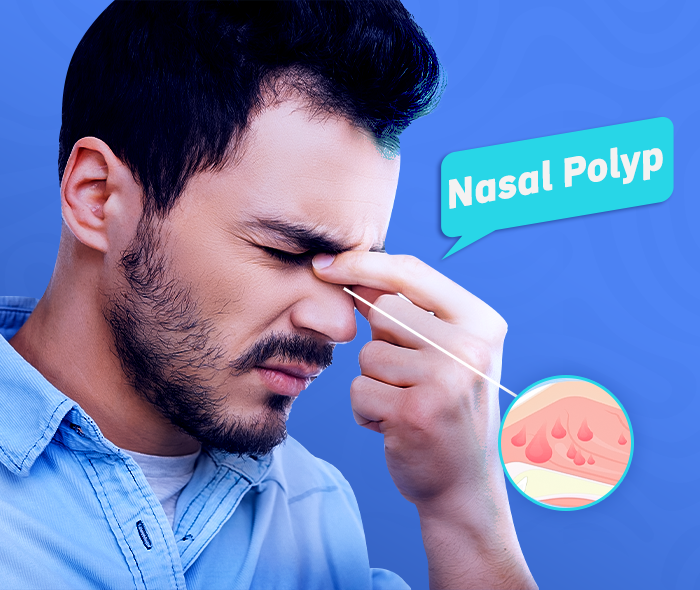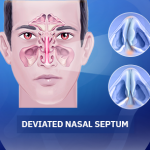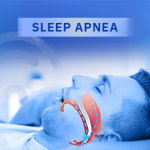Nasal polyps
Do you suffer from nasal congestion or loss of smell without an obvious cause? it may not be a common cold or seasonal allergies, nasal polyps could be the hidden cause behind these annoying symptoms. Nasal polyps are not dangerous in themselves, but they can become a real nuisance if left undiagnosed or untreated.
In this article, we will highlight everything you need to know about them: from their causes and symptoms to effective methods of diagnosis and treatment.
- Nasal polyps
- Causes of nasal polyps in adults and children
- Symptoms of nasal polyps irritation
- Diagnosis of nasal polyps
- Treatment of nasal polyps
- Complications of nasal polyps
- Do nasal polyps cause shortness of breath?
- What happens during polyp removal surgery?
- Difference between nasal polyps and nasal allergies
- The link between nasal polyps and sleep related breathing difficulties
Nasal polyps
Nasal polyps are non-cancerous fleshy growths that develop inside the nasal passages or sinuses, they result from chronic inflammation of the mucous membrane and often appear as soft, grape-like clusters hanging from the nasal lining. While nasal polyps can affect people of all ages, they are more commonly seen in children.
These growths typically arise due to repeated and persistent inflammation, and are often associated with conditions like asthma or other respiratory diseases. In many cases, the polyps are small and asymptomatic. However, when they grow larger, they can block the nasal passages, leading to breathing difficulties and other complications.
Causes of nasal polyps in adults and children
To this day, the exact cause of nasal polyp growth remains unknown.
However, there are several factors that are known to increase the risk of developing them, including:
- Asthma
- Cystic fibrosis
- Churg-Strauss syndrome
- Hay fever or nasal inflammation
- Persistent and seasonal allergies
- Chronic inflammation of the nose and sinuses
- Use of pain relievers and nonsteroidal anti-inflammatory drugs (NSAIDs), especially aspirin
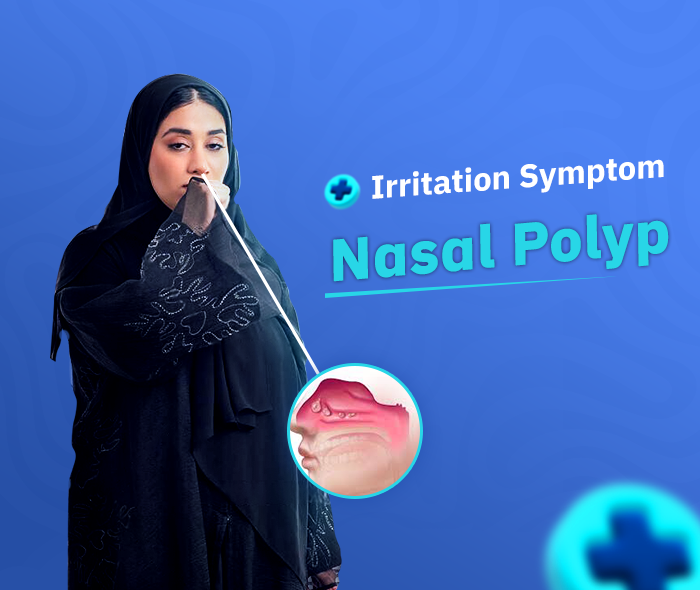
Symptoms of nasal polyp irritation
- Persistent sneezing
- Irritating itchiness around the eyes
- Constant nasal discharge or blockage
- Nosebleeds in some cases
- Frequent headaches that worsen with sinus infections
- Postnasal drip (mucus flowing down the throat)
- A sensation of pressure or pain in the face and jaw, especially around the forehead
- Reduced or complete loss of the sense of smell, often accompanied by a diminished sense of taste
A key indicator of enlarged nasal polyps is the persistence of symptoms despite using decongestants and allergy medications. When polyps grow significantly, they can block the nasal passages, leading to:
- Increased asthma attacks
- Frequent sinus infections
- Mouth breathing instead of nasal breathing
- Snoring, which in some cases can progress to sleep apnea

Diagnosis of nasal polyps
Clinical examination:
The doctor will review your medical history and look for conditions such as asthma or allergies. Then, a small endoscope is used to examine the inside of the nose and detect any nasal polyps.
Imaging tests:
If deeper inspection of the sinuses is needed, a CT scan or MRI may be performed to accurately locate the polyps and rule out other conditions such as tumors or structural abnormalities.
Allergy testing:
To determine whether chronic inflammation is triggered by allergic reactions.
Cystic fibrosis testing:
To check for this genetic condition that affects mucus production throughout the body.
Treatment of nasal polyps
The treatment approach for nasal polyps depends on their size and the extent to which they affect breathing and quality of life.
The doctor begins by evaluating the condition through a clinical examination, then selects the most appropriate treatment based on the severity of symptoms. Below are the main treatment options:
Medication:
Nasal steroid sprays: These are commonly prescribed to shrink the polyps and reduce inflammation in the nasal passages.
Surgical treatment:
Polyp removal surgery:
The doctor uses precise instruments such as surgical scissors or a medical snare to grasp and remove nasal polyps from inside the nose.
Balloon sinuplasty:
A small balloon is inserted into the nose and gradually inflated to open blocked sinus passages, in some cases, nasal polyps may also be removed during this procedure.
Endoscopic sinus surgery:
Using a tiny camera and specialized instruments, the surgeon removes anything obstructing airflow, such as polyps, damaged tissue, or deviated bone structures, through minimally invasive techniques.
Complications of nasal polyps
Although most cases of nasal polyps do not lead to serious complications, there is still a possibility of complications in some instances, especially if left untreated, These may include:
- Obstructive sleep apnea
- Worsening of asthma attacks and difficulty controlling symptoms
- Chronic and recurrent sinus infections
- Spread of infection to the eye area, potentially causing swelling or vision problems
- In very rare cases, the infection may spread to the meninges, leading to meningitis—a life-threatening condition
Do nasal polyps cause shortness of breath?
In typical cases, nasal polyps do not cause shortness of breath. However, when these growths enlarge due to chronic inflammation or persistent allergies, they can obstruct the nasal airway, leading to a sensation of difficulty breathing or chronic nasal blockage.
In such cases, it is recommended to consult a doctor for proper evaluation and to begin appropriate treatment to open the airway and improve breathing.
What happens during polyp removal surgery?
Polyp removal surgery is performed under general anesthesia to ensure the patient’s comfort and to prevent any pain during the procedure, the surgery itself is relatively simple and usually takes no more than an hour, since it is considered an outpatient procedure, patients are typically allowed to return home the same day, unless complications arise that require extended monitoring.
Before the operation, it is essential for the patient to refrain from eating or drinking for several hours, this precaution reduces the risk of vomiting or anesthesia-related complications during the surgery.
Difference between nasal polyps and nasal allergies
Enlarged nasal polyps are a common factor that directly affects breathing during sleep, when these polyps become swollen, they can partially or completely block the airway, forcing the individual to breathe through the mouth, this often leads to loud snoring, disrupted sleep, and even episodes of sleep apnea.
This condition not only impacts the quality of sleep but can also cause chronic fatigue, reduced concentration, and long-term health issues, therefore, paying attention to the symptoms and seeking early diagnosis can be the key to a healthier life and more restful sleep.
The link between nasal polyps and sleep related breathing difficulties
Many people confuse nasal polyps with nasal allergies, but there is a significant difference between the two, allergies tend to appear suddenly with symptoms like sneezing, itching, and runny nose, often seasonal or triggered by dust, and are usually treated with medication. On the other hand, nasal polyps are fleshy masses inside the nose that cause persistent blockage and sometimes require surgical intervention, accurate diagnosis is key because the treatment for each condition is completely different.
